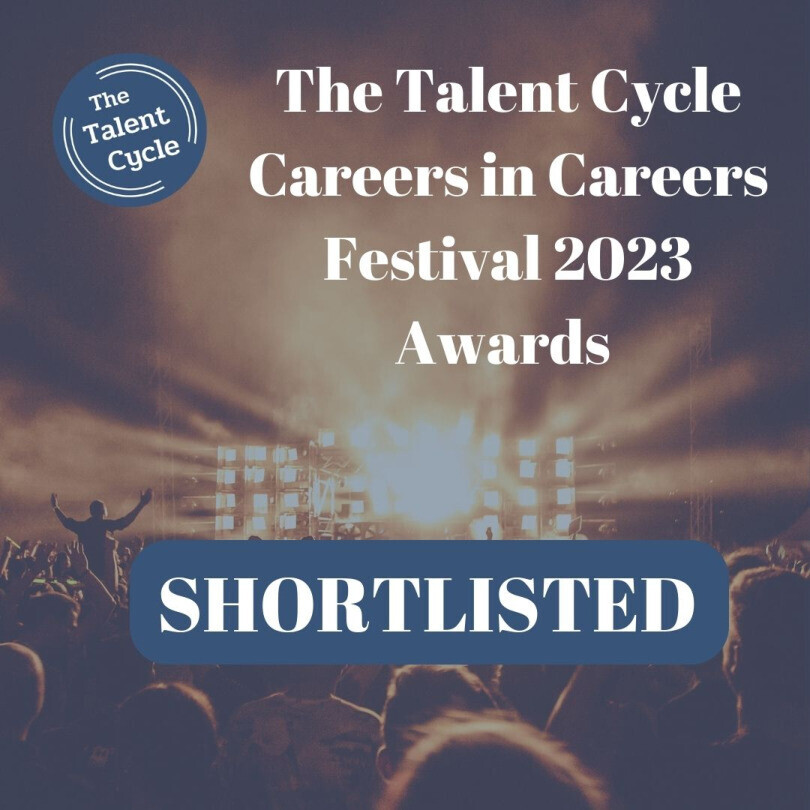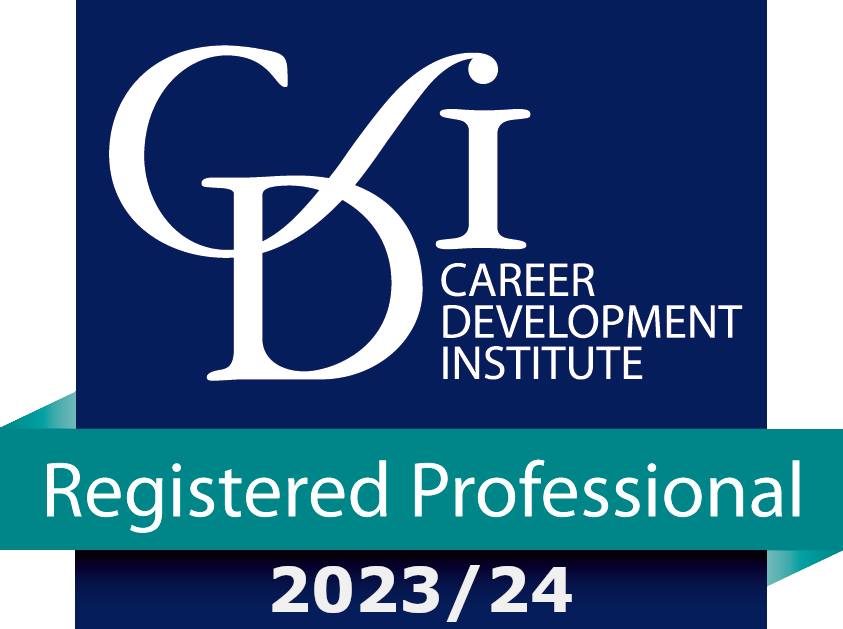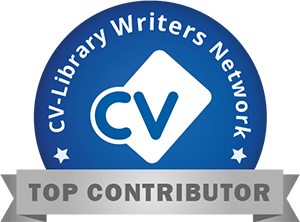CEIAG for Headteachers, Governors and SLT
- Headteachers need to know what career development literacy is.
Headteachers need to know what career development literacy is.
Wednesday 26th February 2014
I’m often banging on that careers isn’t a half hour interview during year 11 Here’s a truncated reason why.
My viewpoint is that careers is a central literacy, rather like digital literacy, one that impacts on a child’s entire learning experience. It links together all the areas, subjects and activities that take place throughout a young person’s school life and has a direct effect on Pupil Premium and destination data.
At the moment careers is pretty much off the radar of most head teachers. However, schools have been given autonomy AND a statutory duty to provide what they believe is good careers education, information advice and guidance (CEIAG)
The problem is that now Connexions is more or less gone, there is often nobody to advise headteachers what good CEIAG is. it’s rather like a dentist being asked to do an appendectomy. There are elements of training which are pertinent, however, the full picture isn’t there.
This is why headteachers need support
Schools, and more importantly, headteachers need somebody on the staff that has enough knowledge to be able to coordinate the many activities and learning opportunities that naturally happen in a school. Just as you’d expect your SENCO to know about the school’s need for SEN provision and data.
The signs are that society and the government is realising the sorry state of CEIAG in our education system, one only has to read the recent press to know this, add to this the recent reports:-
IPPR who gave 3 main suggestions
1) Careers service funding should be protected, and schools given more support to provide independent careers advice and guidance. To this end, the remit of the National Careers Service should be expanded to enable it to perform a capacity-building and brokerage role for schools.
2)Careers advice should be more properly embedded in the curriculum for pupils in years 7–10: pupils should learn more about different careers and routes into them in each subject area, have more visits both to and from businesses, and – towards the end of their school careers – be offered more individualised careers support tailored to their specific needs.
3)All secondary schools’ careers services should take the lead in developing stronger relationships with major employers in their catchment areas, but businesses – especially those with skills-shortages – need to be proactive participants in this process. New and existing local ‘skills hubs’ should act as intermediaries to promote efficient relationship-building.
Association of Colleges
Michele Sutton, AoC President, said: “Our research suggests parents and teachers are struggling to keep up-to-date with current and future work trends and may be unwittingly stifling young people’s aspirations and hampering their educational choices through a lack of contemporary information
The Edge Foundation
Found that …based on a survey of over 2,000 18-35 year olds, split between those who had opted for a vocational education and those who had taken a wholly academic route, Whilst two thirds (65%) of the academic group said they felt their school supported their choice, only a third (35%) of the vocational group could say the same.
If you’re a forward thinking headteacher, you need to get somebody on your staff, be that SLT member, adviser or administrator trained to be able to oversee this vital role logically in a cost effective & pragmatic way.
Especially as the new statutory guidance for CEIAG is due next month.
I can wholeheartedly recommend Optimus’ event, Delivering Outstanding Careers. Full details can be found in the PDF here Careers Education2014lo-res_CF In fact you can even get a 20% discount by booking with the code CDefender via this link
If you are looking for more personalised, but still cost effective, support, I can be contacted on 0800 024 6175 or by email on our contact us page.





